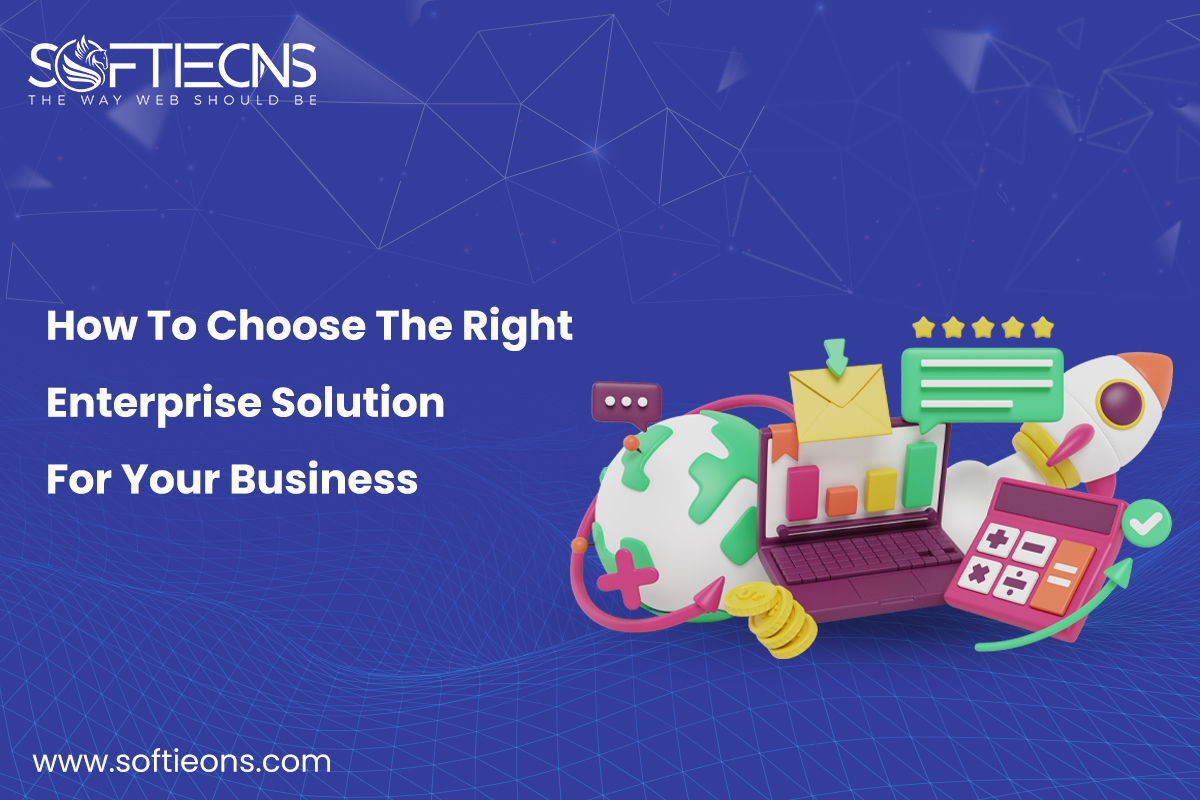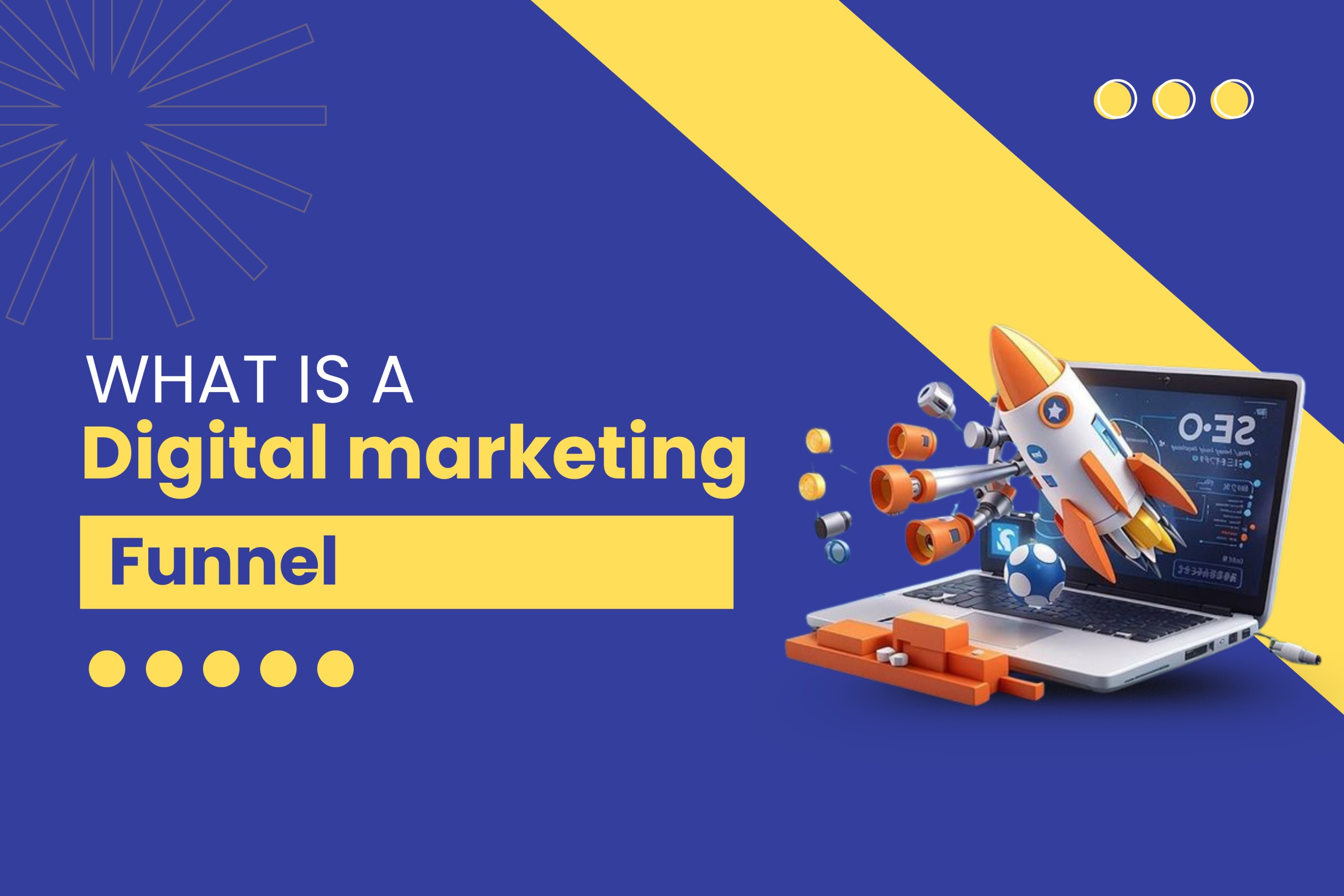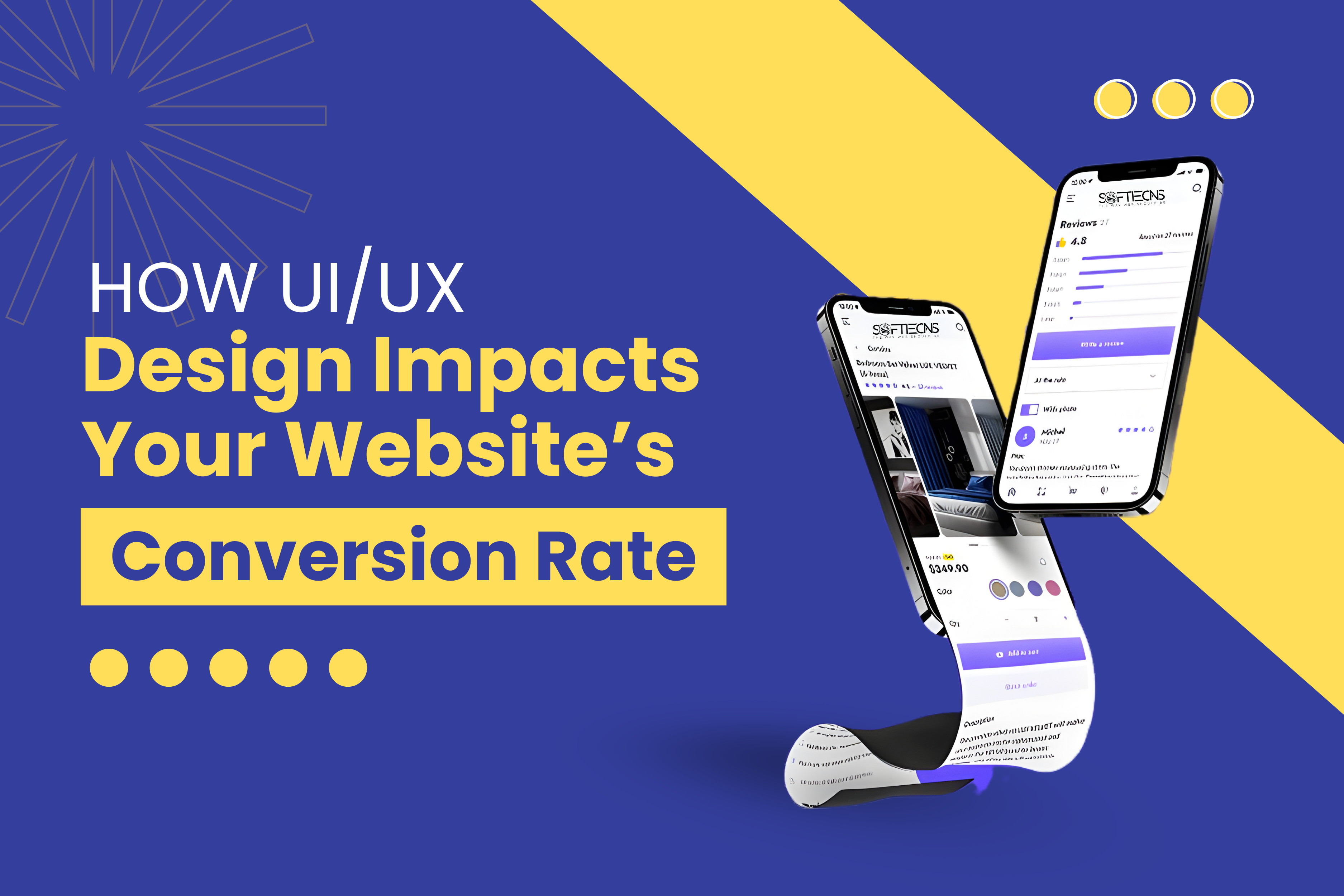How to Choose the Right Enterprise Solution for Your Business
Fri, 30 Aug 2024
Choosing the right enterprise solution for your business is one of the most critical decisions a business person will ever make. The right solution is supposed to iron out the wrinkles in business, increase productivity manifold, and support the growth strategy one has in mind. Here is a guide to make sure you get it right.
1. Understanding Business Needs
The first step is to look into your needs and objectives. Exactly what your problems are and what you are trying to accomplish with an enterprise solution should be of prime consideration. Are you looking to grow in customer relationship management, optimize your supply chain, or are you after a better way to manage your finances? Your knowledge about what you need will help define for you what features and functionalities you want in a solution.
2. Define Your Budget
Budget Constraints The budget acts as a decision-maker in the selection of an enterprise solution. The budget for the investment of the enterprise solution includes the initial costs and expenses of maintaining the solution. Also, remember that quite often, a fat price does not guarantee better quality. Moreover, even though it should scale well with growth, the cost shouldn't be the primary focus, but rather the value brought into your business by the solution.
3. Consider Scalability
The solution should be such that it grows with your business. Look at solutions with capabilities for handling growing volumes of data, an increasing user base, and added functionality as your business matures. Scalability is very important in ensuring that your investment remains viable.
Make sure the enterprise solution easily integrates with your existing tools and systems. When integrated, it shall help in reducing work duplication and inconsistency of data, thus promoting efficiency. Check if the solution can be combined with any software that is currently being used, such as CRM systems, ERP systems, or even the type of accounting software used.
4. Vendor Reputation Check
Find the reputation of the solution provider. Engage vendors reputed to have a record of delivering effective and reliable solutions. Go through customer reviews, case studies, and testimonials to get a feel of the reliability and quality of customer support that the vendor offers.
5. Test the Solution
Ask to view a demo or trial version of the enterprise solution whenever possible. This shall help you get first-hand experience with the features and usability of the solution. It should meet all of your expectations and be user-friendly for your team.
6. Consider Customization Needs
There may be some special features that some businesses may want to have in a customized way. See whether the solution can be controlled to meet these special needs. Customization can be powerful, but it carries these extra costs and time along with it.
7. Check Support and Training
Choose a solution provider who has end-to-end support and provides all-round training. This support can help ensure that you are in a position to address your problems in time and that the system delivers service consistently. Training can also help your team extract maximum benefit from the solution in use.
8. Data Security Analysis
One of the very critical decisions in choosing an enterprise solution is data security. Other than ensuring that the solution will comply with the relative data protection legislation, it should include strong security features since the consequences of breaches are very severe.
9. Future Updates
Technology is fast-moving, and so should be your enterprise solution. Find a provider who is constantly updating their software with new features or any improvements made once released. The fact that the updates are meant for the future will see to it that your solution remains relevant and up-to-date to serve your business needs.
Conclusion
Selection of the right enterprise solution will, therefore, be based on business needs, spending plans, possibility of scaling, integration capabilities, and other considerations regarding vendor reputation. You would, at any rate, have made a very informed decision in support of business goals and operational efficiency.
This directly implies that the investment in the right enterprise solution goes directly with strategic moves in businesses to help streamline operations and improve general productivity.
POPULAR POSTS
Shopify vs. WordPress: Which one is best for e-commerce?
Wed, 07 Apr 2021Role of IoT in the Real Estate Industry
Wed, 14 Apr 2021Why UX And UI Is Important For Mobile Application Development
Sat, 01 May 2021Telemedicine's Advantages in Nursing Homes
Fri, 24 Dec 2021RECENT POSTS
Title: Run Your Entire Real Estate Business From Your Phone
Fri, 12 Dec 2025









